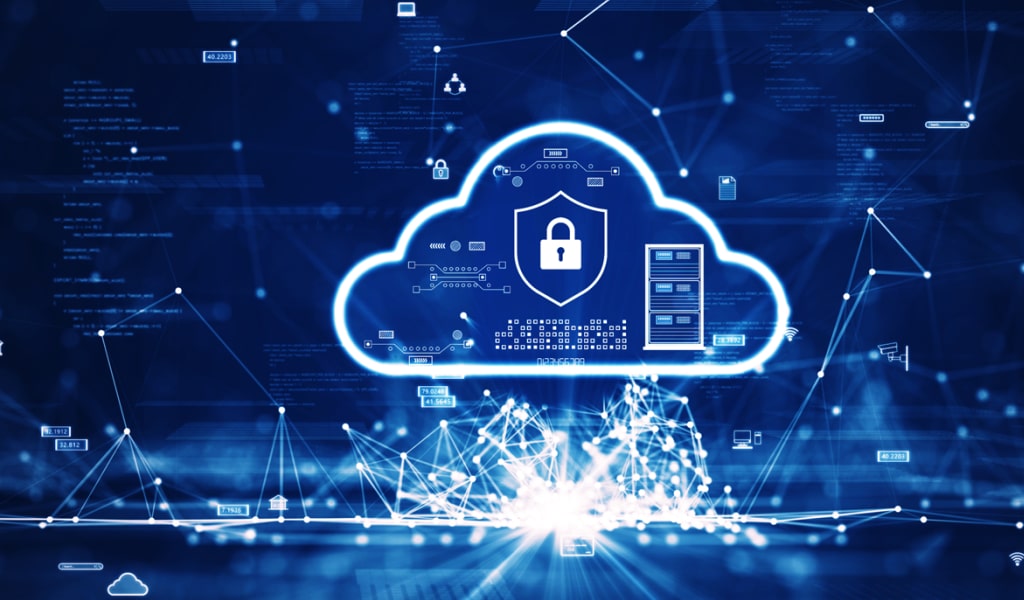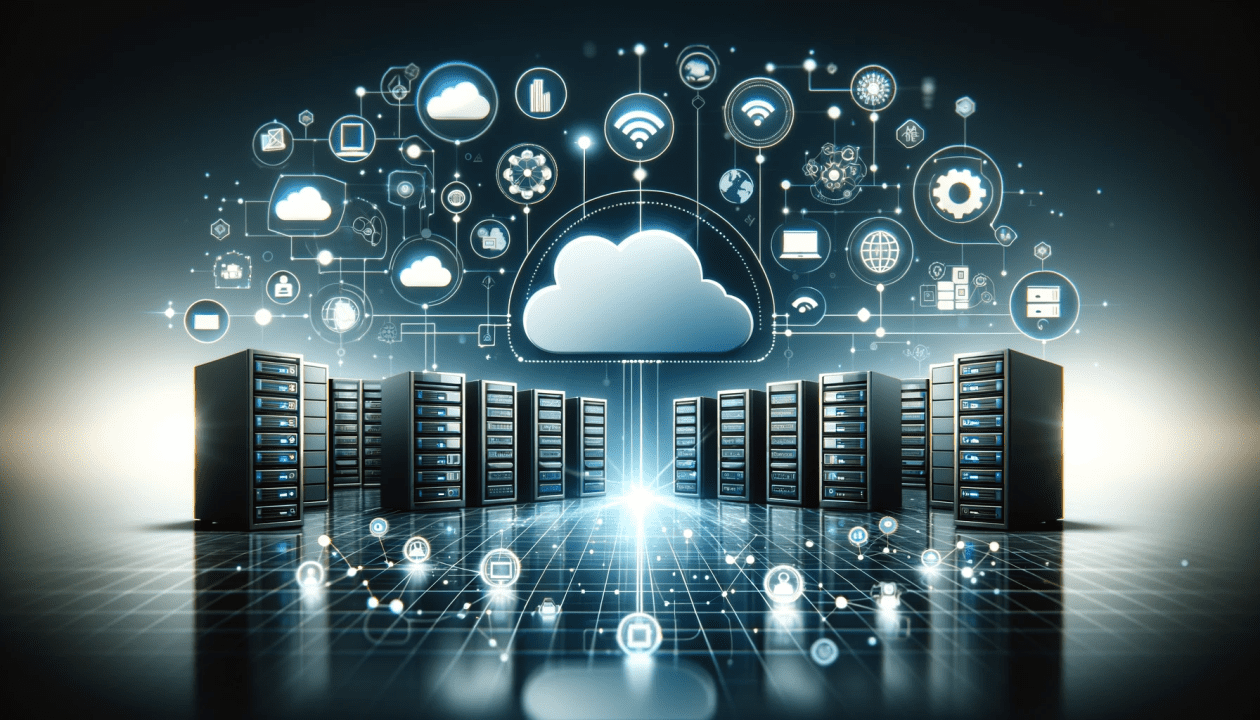Candour Legal – Best Lawyers in Ahmedabad | Law firm in Ahmedabad

Cloud computing is a model wherein users can access different computing models, such as servers, storage, databases, networking, software, and everything else beyond physical management and usage via the Internet. Significant types of cloud services, such as infrastructure services, are provided by cloud service providers (CSPs), which include the infrastructure required to offer them. While using cloud computing, It is essential to have legal knowledge and legal protections given in the Information Technology Act, 2000 (IT Act).
At Candour Legal, we take pride in being a leading law firm in Ahmedabad, India, with a focus on cyber law. Our expert team, headed by Mr. Manasvi Thapar, a top cyber law specialist in the country, is well-equipped with the skills, knowledge, and experience to manage critical issues concerning the Information Technology Act, 2000, cloud computing laws and data privacy.
Key Characteristics of Cloud Computing:
On-demand self-service: Customers can quickly change their already reserved computing capacity on the fly and pay for only what they need, without human interaction with the provider.
Broad network access: Services cover all forms of communication over the network, including the World Wide Web and other receptors. They are not bound to specific hardware constituents and are not platform-independent either.
Resource pooling: An infrastructure shift in which computing capacities are combined as a shared pool and accessed to grant different utilities to distinct users is taking place, as physical and virtual resources are being dynamically assigned and re-assigned.
Measured service: Cloud resources are tracked, managed, and advertised, which provides visibility and reliability for both providers and consumers.
Cloud computing, a new model of delivering services over the Internet, offers different advantages, including cost-effectiveness, scalability, and flexibility, which allow users to access resources from anywhere as long as an Internet connection is available.

Data storage
Data storage is the fuel of cloud computing and its fundamental functionality. Without it, cloud computing might crash. Cloud storage services allow users to store, retrieve and use their data in an Internet connection. Storage platforms offer scalability, reliability, and security, which are the main qualities of data management. There are several types of cloud storage models:
Object storage: Objects are data items, and each one contains data, metadata, and a unique ID. Object storage is highly scalable and often suited for large amounts of unstructured data, such as media, documents, and backups.
Block storage: Data blocks are fixed-sized, and most of the data is typically from operating systems, databases, and virtual machines. The block type provides access to high-performance storage with low latency, thus being combined with instances to execute the programs.
File storage: Data are placed into a hierarchical file system and given a context of familiar directories, facilitating users’ access to and sorting files. Storage of files has proven to be reliable and used in shared file systems and Network-attached storage (NAS) setups.
Legal Considerations for Cloud Computing and Data Storage:
The framework for legal considerations of cloud computing and data storage in India can be based on many laws, regulations, and standards.
Information Technology Act, 2000 (IT Act): The IT Act is the principal regulation that dictates the conduct of electronic transactions and cybersecurity in India, the processed legalization of electronic documents and digital signatures, and the appropriate penalties for events like unauthorized access, data stealing, and cybercrimes.
Data Protection Laws: India still needs to have a comprehensive data protection law (similar to GDPR), but instead Personal Data Protection Bill, 2019 (PDP Bill) supervises related activities and data processing within India. Following the implementation, the PDP Bill will give data fiduciaries (the entities that control decision-making and techniques for data processing) responsibilities to respect the digital rights of the data principals (the persons of whom personal data is being gathered).
Payment Card Industry Data Security Standard (PCI DSS): Companies that acquire payment card transactions must follow compliance requirements. Therefore, cardholder information is always safe. This involves controls such as encryption and access control and undertaking security audits for them.
Sector-Specific Regulations: Some sectors of the Indian economy, like banking, healthcare and telecommunication, are lawfully liable to legislate specific regulations for data protection and privacy. Those organizations working in such industries must be subject to the guidelines, the percentage of which includes the RBI rules regarding cybersecurity for banks and the HIPAA rules for healthcare providers.
Cybersecurity Requirements: Indian companies’ organizations must meet the required cybersecurity guidelines issued by the Indian authorities, i.e., MeitY and NCIIPC. This encompasses many prevention services, including protection from cyber threats such as malware, ransomware, and unauthorized access.
Contractual Arrangements: Organizations should keep their contracts with cloud service providers as straightforward as possible regarding their scope, which should define service terms, data protection requirements, security breach limitations and reporting.
Data Localization: Nonetheless, India does not have rigid data localization requirements, with provisions like data sovereignty or localization laws in specific sectors, such as government contracts. Organizations must have information concerning any necessities to keep and operate data sources in India within a national geographical border and must continue to comply.
Best Practice for Cloud Computing and Data Storage Security:
Here are some essential best practices:
Data Encryption: Use encryption in transit and at rest to secure data using reliable encryption algorithms. This prevents data theft or interception, denying unauthorized users access to it.
Access Control: Set up the access controls robustly and based on maintaining the confidentiality of sensitive information classified as “least privilege” only. Employ role-based access control (RBAC), multi-factor authentication (MFA), and identity and access management (IAM) tools as a robust way to govern user access.
Data Classification: Divide data into two categories based on sensitivity and importance and employ security controls separately for each group. This way, valuable risk concentrations can be identified, and proper remedial efforts and resource allocation channels can be designed to protect them.
Regular Audits and Monitoring: Since the cloud is used 24/7, always monitor it for unauthorized access attempts, suspicious activities, and data breaches. Conduct periodic safety audits and security scans to discover and eliminate safety weak points on time.
Security Patch Management: Keep the software, applications, and operating systems current by using upgrades and the latest security updates to prevent known vulnerabilities from being used and to reduce adversaries’ access sustainability.
Data Backup and Recovery: Enforce automation and frequent backup procedures, which give you fault tolerance and the ability to restore data in case of data failure or system collapse. Perform regular testing of backup recovery processes to validate their working status.
Secure Development Practices: Apply secure coding policies and adhere to security principles liberally throughout the SDLC. Conduct security audits and code analysis that will allow you to detect and resolve security flaws before accepting incoming applications from users.
Incident Response Plan: Craft and review a successful incident response policy which contains the rules and regulations of the organization’s security incidents and data breaches’ management.
Data Residency and Compliance: Be aware of laws and regulations regarding data location, privacy, and security in the regions where the data is stored and processed. Make sure the company follows the rules and requirements of laws, regulations, and industry standards in the data protection and privacy segment.
Cloud Service Provider Security: Decide on a trustworthy cloud service provider with top-grade security measures and certifications.
Employee Training and Awareness: Regularly conduct security awareness training for employees for their understanding of security risks, ways to handle risks, and policies while using the company’s resources.
Cloud Computing Litigation: Recent Developments
AI (AI as a Service) includes providing a collection of AI services that have been integrated into cloud solutions to enable enterprises to access pre-built AI models, tools, and APIs present in cloud platforms. Hereby, we have created a platform where the AI features are easily integrated, and hence, AI professionals are not needed, nor is infrastructure management a must.
Green computing concentrates on decreasing the footprint of Information and Communication Technologies both through lowering the level of carbon emissions at production stage and using clean energy at all stages, including disposal and emphasizing the use of clean energy.
Conclusion:
Sustainable computing is expected to experience significant growth in the years ahead. This trend is fueled by the understanding that approximately 1.8% to 3.9% of global greenhouse gas emissions stem from the information and communication technology (ICT) sector.
To summarize all the factors, securing the Internet and data storage in the era of digital extract-to-canalize is vital. Organizations progressively use cloud services to store and process immense amounts of data, but with that, are growing Threats and legal and regulatory requirements, including consent and data breach notifications. This can be achieved by enhancing the level of security, best practices, awareness of any possible lurking threats, and changes to legal requirements. The idea is to safeguard confidential information against getting leaked, stolen or manipulated.
Candour legal is provides top legal guidance, legal protection and expertise related to cloud computing and data protection legal services. Mr. Manasvi Thapar and his experienced attorneys are highly skilled in the legal complexities of Information Technology Act, 2000.
If you’re looking for the best lawyers for Information Act, 2000 and Cloud computing, contact Candour legal. Contact us @ +91-7228888745. to learn more about different data protection solutions.







